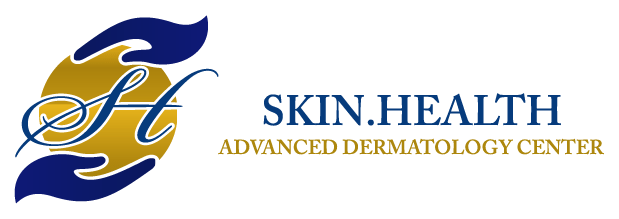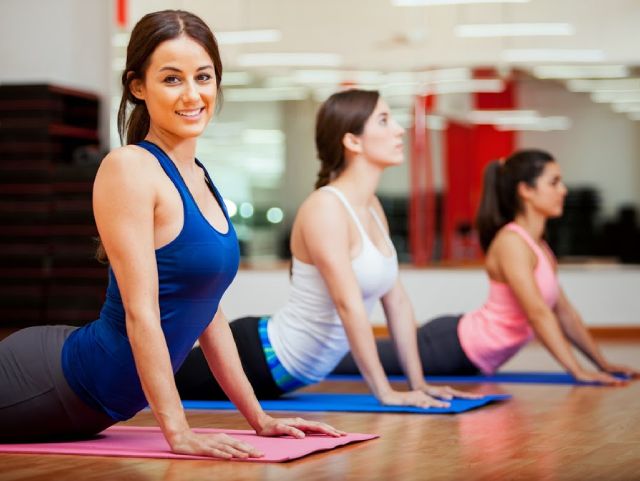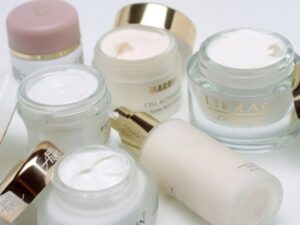Women have special areas of concern when it comes to matters of health and well-being. As female life expectancy and quality of life continues to improve over the generations, awareness and education has been key.
It is important for women to have access to knowledge and information about their bodies and all aspects of their physical and mental well-being.
Starting with childhood, young girls experience their pubertal growth spurt a few years earlier than boys. Puberty puts great demands on the thyroid gland and bone marrow, which is why goitre and iron deficiency anemia generally begins during these formative years. Blood loss from menstruation makes girls more vulnerable to anemia. Therefore, crash dieting and eating disorders have detrimental effects on the body and mind during these years. In fact, young adolescent girls must consume plenty of dark leafy vegetables, legumes, seafood and red meat. Regular de-worming at least once a year is also helpful in combating anemia. Proper training in genital hygiene is important, from childhood, to prevent infections from developing and spreading. Over-washing and douching is discouraged as it upsets the natural flora and pH balance of the vagina, leading to a vicious cycle of irritation, itching and further obsessive washing of the area with harsh soaps and detergents.
Youth and marriage come with its own set of health concerns. Young and sexually active women are vulnerable to HPV infections from the Human Papilloma Virus. This virus causes genital warts, but many women harbor this virus in their cervices, with no apparent symptoms at all. Almost all cervical cancers are caused by HPV virus, and this is one of the leading causes of cancer among women in developing countries. It is more common in young women who get married and have multiple children at a young age. A pap test is an important screening test performed by gynecologists to detect cancerous and pre-cancerous growths in the cervix. It is recommended that women aged 21-55 must get the test done every 3-5 years (starting from a few years after the first sexual experience). It is a painless test which is performed as an out-patient procedure and can potentially save lives and avoid mutilating surgeries. HPV vaccines like Gardasil can provide up to 90% protection from the virus, provided that the vaccine is taken at a young age (that is, before the first sexual contact).
Motherhood once again puts a huge demand on a woman’s body and once again makes a woman vulnerable to anemia and thyroid disorders. Infertility on the other hand, is becoming increasingly common but most people do not know that a couple is only considered infertile if they have been unable to conceive after 12 months of regular contraceptive-free intercourse. If you are trying to get pregnant, either naturally or with medical assistance, it is important to quit smoking and drinking, take a tablet of folic acid everyday, exercise regularly, keep your weight in check, lower stress levels and make sure to receive your rubella (measles) vaccination.
Certain illnesses are more common among women than men, perhaps due to hormonal influences. These include thyroid disorders, gall bladder stones, migraines, autoimmune diseases like Lupus, urinary tract infections and irritable bowel syndrome. Osteopororis, a condition characterized by bone weakness and fragility, is also more common in women over the age of 50. It is important for women to have regular calcium supplements after the age of 40 in order to avoid fractures from minor trauma. Calcium is also essential for growing children and women who are pregnant or breast-feeding. Dental hygiene is often neglected by women. Doctors have proven that heart disease is closely linked to tooth decay, and gum disease has been linked to premature labour in pregnant women. So remember to brush your teeth twice a day (night time brushing is more important), floss your teeth after every meal and visit your dentist regularly.
The other leading cancer among women is the dreaded breast cancer. It usually begins as a painless lump in the breast or armpit. Risk factors include increasing age, genetic factors like having a close relative who has had breast cancer, women who have had fewer children or had their first child at a late age, women who have not breast-fed their children, women who attained puberty at a young age (less than 12) and reached menopause at an older age (over 51). The use of artificial estrogen containing hormones (like the birth control pill) also increases the risk of breast cancer, just as obesity does. Ask your gynecologist to teach you to perform the breast self-examination test. Consult your doctor if you detect a lump in the breast which does not go away. Other symptoms include one-sided bloody nipple discharge or newly developed nipple inversion. Mammograms can also be done as a routine screening test to detect early cancers.
Like every girl will attain puberty and become pregnant one day, every woman will inevitably reach menopause some day. Menopause is a time in a woman’s life when her reproductive cycles end. It is identified as a permanent absence (at least 1 year) of monthly periods. Increasing age brings with it a multitude of medical ailments like heart disease, osteoporosis, arthritis, urinary incontinence and memory loss. Physical and mental exercises practised on a daily basis from a young age can delay the onset of most age-related ailments. Practice your Kegel’s exercises for better bladder control as you age. You can do this by contracting your pelvic floor muscles (the same muscles which can help you stop urination in midstream) for 10 seconds, then relaxing the muscles for 10 seconds, and repeating the same 4-5 times in a row. As you gain practice, you’ll be able to do so without clenching your tummy or buttocks, and without holding your breath, which is the correct way to do it.
Estrogen hormone has cholesterol lowering properties and has protective influence on the heart. Which is why heart disease effects women at a much later age compared to men. However, anxiety and depression are much more likely to hit women, especially at a younger age. Home-makers in the 21-35 age bracket have the highest suicide rates in most developing countries. This may be linked to biological and social differences between men and women. Women can also have significant mood swings in relation to hormonal fluctuations. These include premenstrual syndrome (PMS), post partum depression or mood swings caused by menopause or birth control pills. Stress can also manifest as physical ailments like insomnia, vague abdominal pains, backache, headaches and chronic fatigue syndrome. Fibromyalgia is a condition where a person has long standing muscle and joint pains along with headaches and insomnia. It generally affects young adult women more than men, and it is linked to chronic stress. A vigilant and caring family can help a woman tide over such an emotional crisis, either through counselling or with medical attention.
Get a master health check up done every year after the age of 40. Besides screening for diabetes, heart disease, cervical cancer, skin cancer, breast cancer and vision screening, this must also include bone density testing as well. Education and financial independence will give women the confidence to take their own decisions in crucial matters affecting their health, be it fertility, contraception or medical care.




